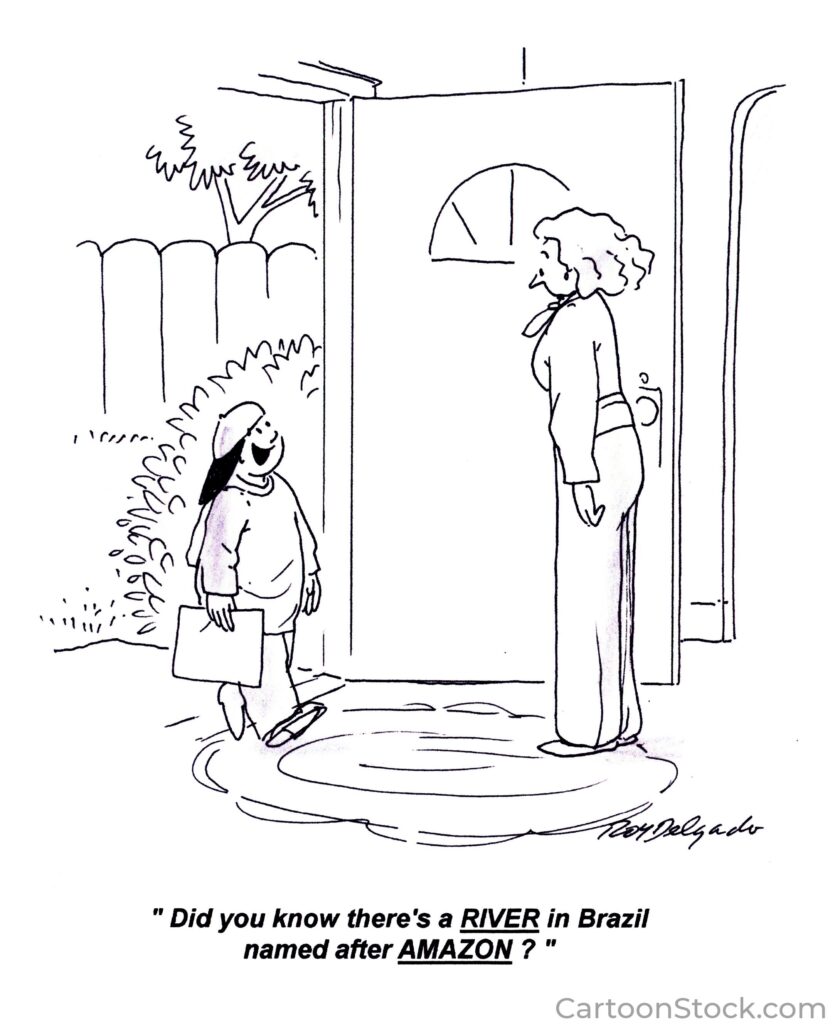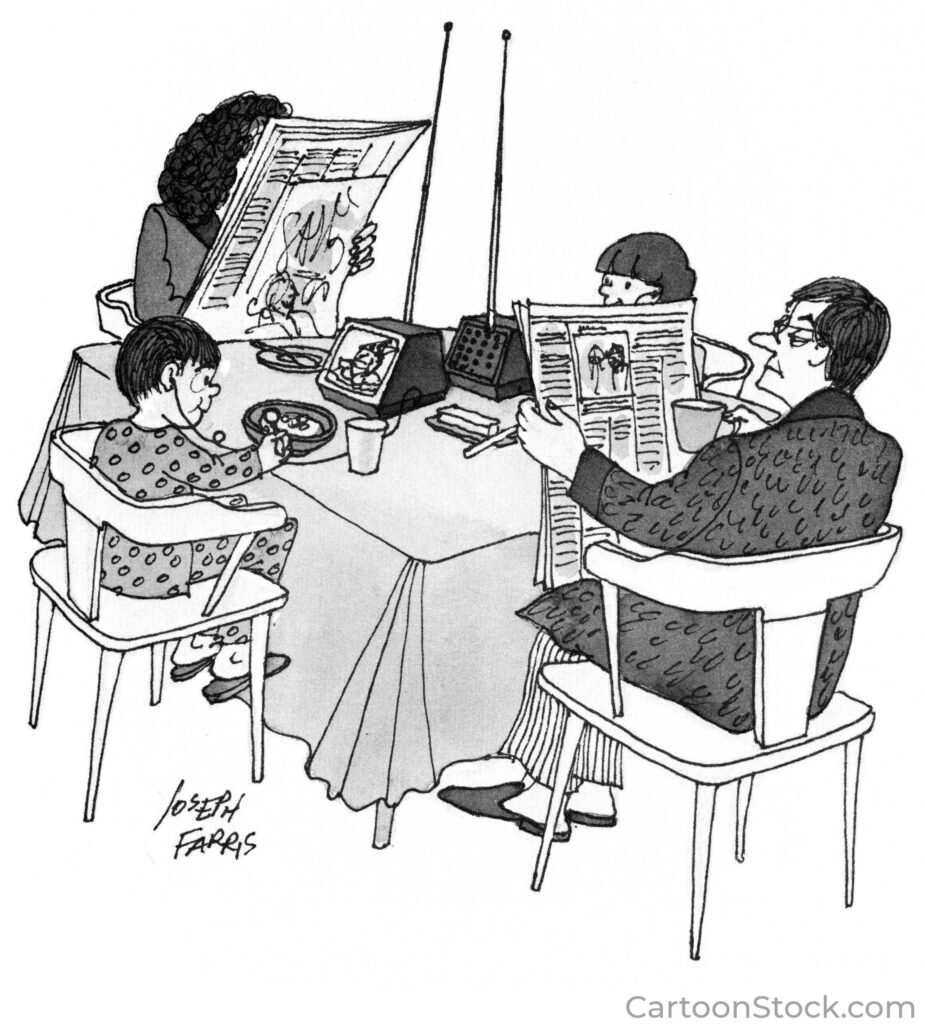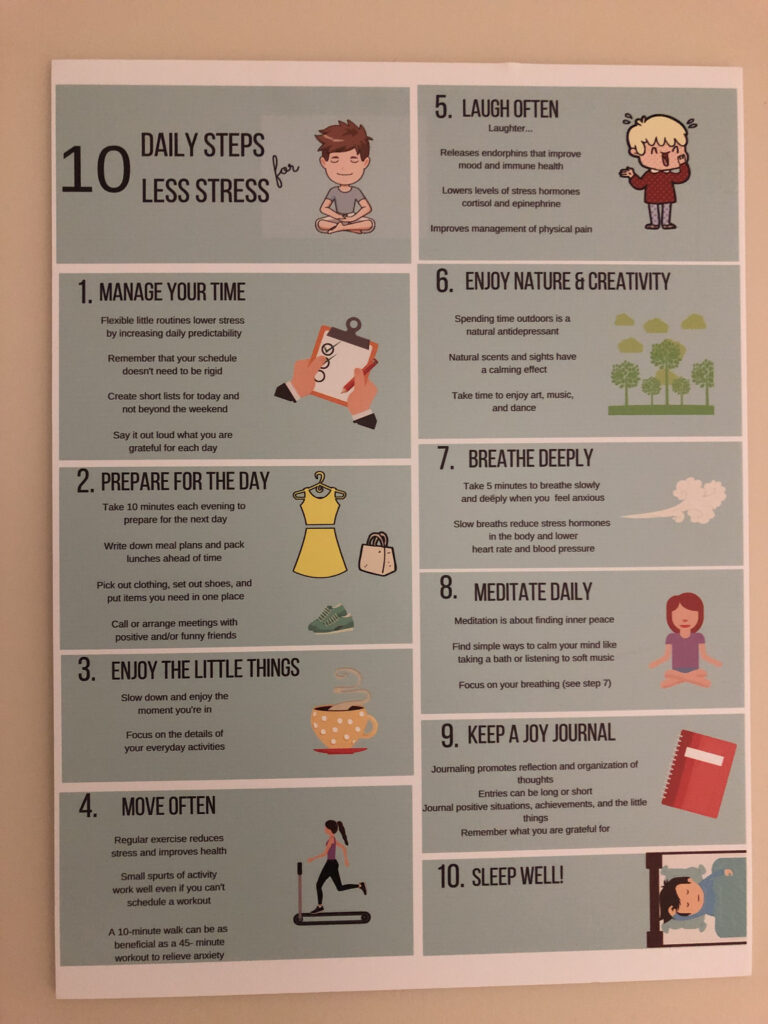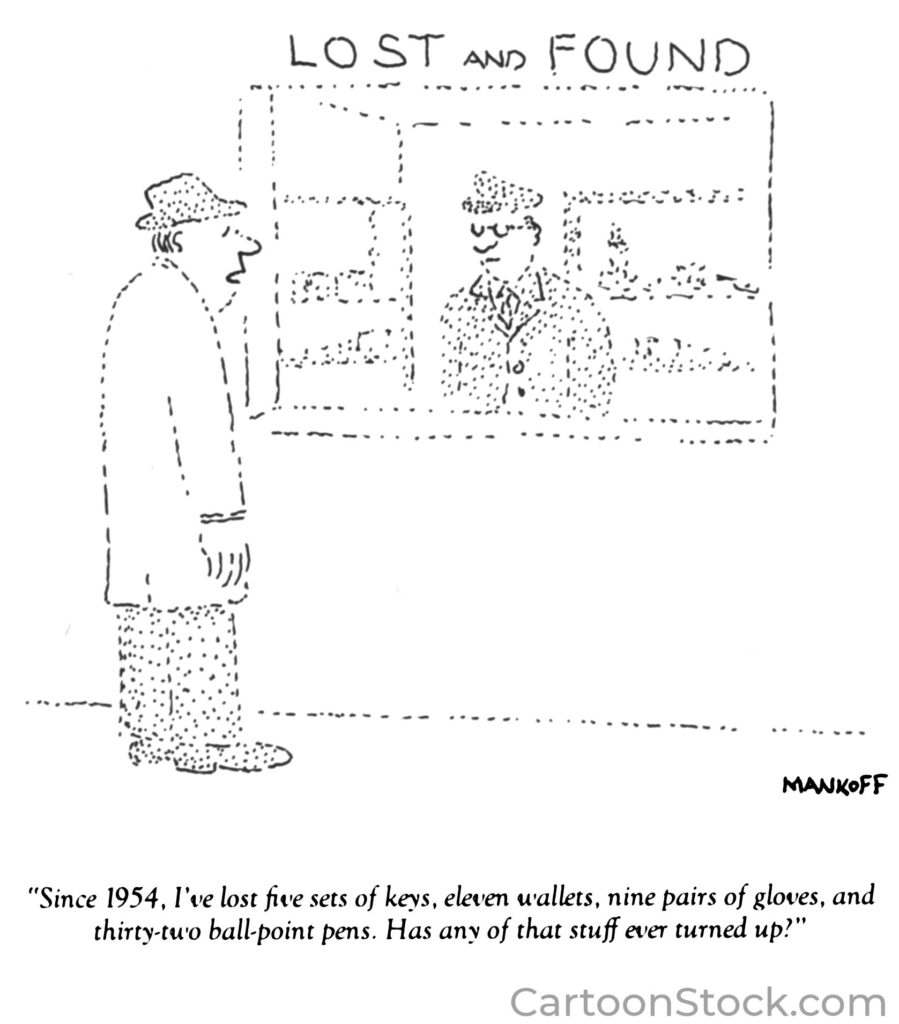
At the end of the day, we typically begin casual conversations by asking “What did you do today?” Another good question is, “What did you learn today?”
Everyone has a quick answer to the first question, even if it’s just “not much.” But most of us would stumble over the second question because we seldom consider learning to be a daily function. We’d be confused by the question and hard-pressed to answer.
But if asked regularly, the question can serve as a reminder and a prompt, that all through life and in all settings, we can, and should, continually learn.
We have much to learn.
“We all differ in what we know, but in infinite ignorance, we are all equal.” Karl Popper
Few things will stifle learning more than intellectual arrogance accompanied by a false sense of knowing-it-all. Sadly, some people live as if they have maxed out their learning—there’s little more to learn, do, or become. Instead, we should view ourself as unfinished—a work in progress. We all live in what Popper calls the realm of “infinite ignorance.” A healthy, proper approach to learning is predicated upon a deep humility based on the fact that we know and understand so little.
Imagine a grain of rice inside a five-gallon bucket. The grain of rice represents what you currently know; the space in the bucket represents what you could learn.
Develop an enquiring mind; be curious.
But admitting that we have a lot to learn is not enough, we must have a curious, inquiring mind.
Albert Einstein once said, “I have no special talent. I am only passionately curious.” I think he was being excessively modest in the first phrase, but notice his emphasis on curiosity in the second. An engaged, curious mind is supple, eager, and insatiable.
Learn from other people.
Secondhand knowledge allows us to benefit from what others have learned. What may have taken someone years to learn (and often through formidable adversity), we can learn quickly and painlessly. One way to do this is to read other people’s thoughts—read 15 minutes a day and think about what you read. Another way to learn from others is through observation and intentional conversation. Lean by listening to and observing others. We can learn from anyone, regardless of their background, education, age, or occupation.
Learn from your own experiences.
Firsthand knowledge comes from personal experiences. Every day, life offers the opportunity for continuing education. But we’ll only learn if we’re attentive and wanting to learn. The next time you go shopping or eat at a restaurant, or mow your lawn, anticipate that you’re going to learn something and you will.
Years ago I developed a simple equation to express how we can learn from experiences: the 10/60/30 concept. This notion suggests that in all of life’s experiences you should devote a certain percentage of your time to three elements: anticipate (perhaps 10%), experience (perhaps 60%), and reflect (perhaps 30%). The percentages can be adjusted for different activities.
For instance:
-
-
- When reading a book—spend a few minutes anticipating what you hope to learn from the book, read the book, and then reflect on what you have learned. This ration might be 5/60/35.
- Prior to a business appointment—think about what you hope to accomplish in the meeting, have the meeting, and then reflect on what transpired and the next steps of action. These percentages might be 15/65/20.
- Prior to a vacation—research where you’re going, bon voyage, and at the end of each day codify your thoughts in a journal. These percentages might be 10/70/20.
-
Tonight, during dinner, ask everyone to share what they learned today. It will prompt interesting conversation.
Let me ask you, “What did you learn today?” Try to have a new answer to that question every day.




